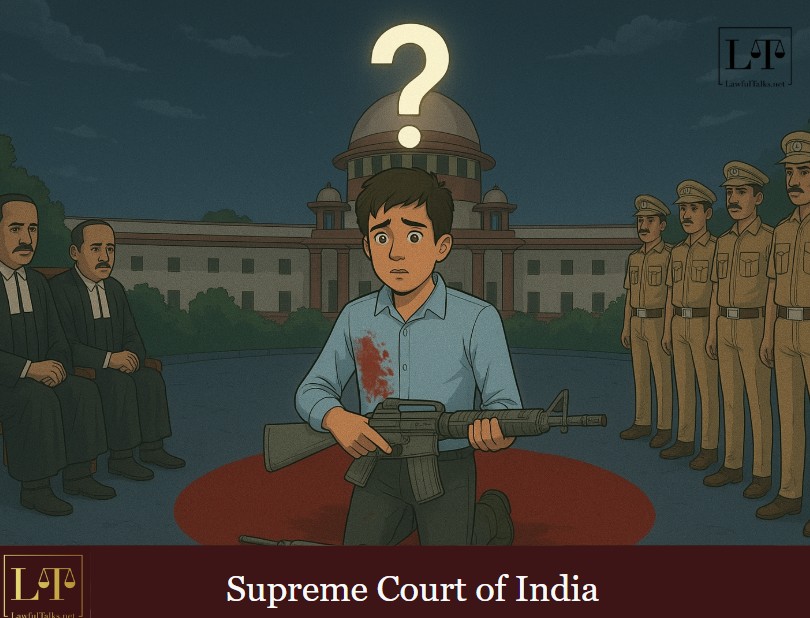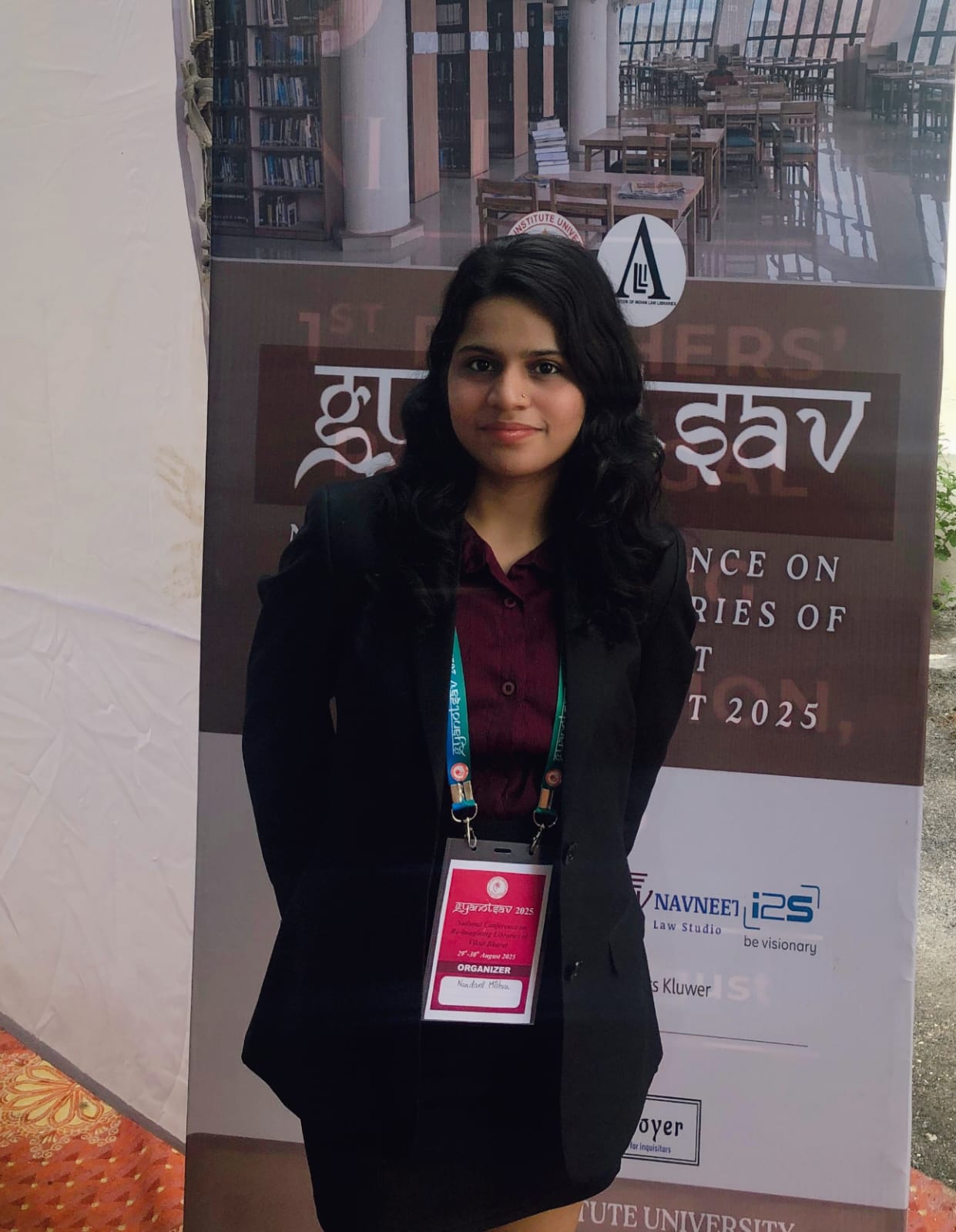Allahabad HC Sets Aside Afzal Ansari's Conviction, Allows Him to Continue as MP

In a pivotal move, the Supreme Court has raised a critical question in a case that the Madhya Pradesh Police have treated as a suicide: Is it even possible for a person to shoot himself in the chest with a rifle? The Court has now directed the State to file an affidavit confirming whether investigators explored every angle, including the possibility that the death might not have been suicide at all but murder.

A Division Bench of Justice Manoj Misra and Justice Ujjal Bhuyan remarked: “To our understanding whether a person would be able to use a rifle to shoot himself on the chest needs examination. In such circumstances, we deem it appropriate to require the State to file an affidavit whether the investigating agency has investigated all aspects of the matter including possibility of a murder.”
Background:
The case concerns the tragic death of a 17-year-old boy who had enrolled in a shotgun shooting course at an academy in Bhopal. Tensions arose between him and another student, referred to as respondent No. 2, after the latter accused him of stealing ₹40,000.
What followed, according to the petitioner, was relentless pressure. The boy was allegedly beaten, threatened, and humiliated by respondent No. 2 and other students. They reportedly snatched his phone, sent messages on his behalf admitting guilt, and forced him into a corner he could not escape.
Depressed and overwhelmed, the teenager confided in his sister and a close friend that he planned to end his life. He even left behind a suicide note with a friend, naming the students who had driven him to despair. Days later, he was found dead from a rifle shot to the chest.
An FIR was registered a month later under Section 107 of the Bharatiya Nyaya Sanhita (BNS). While the Sessions Court initially refused anticipatory bail to respondent No. 2, the Madhya Pradesh High Court granted it under Section 306 of the Indian Penal Code (IPC), treating the incident as a suicide.
The petitioner challenged the High Court’s order, arguing that the court had trivialized his son’s death and wrongly shifted the blame onto the victim for being “unable to handle pressure.”
He also pointed out that the High Court incorrectly treated his son as an adult of 18, when in fact he was 17 a minor making the offence far graver, as it involved abetment of a child’s suicide.
Another concern raised was that respondent No. 2 belongs to an influential family and had repeatedly evaded investigation, making custodial interrogation essential.
The Supreme Court, however, focused on a more fundamental question: Could the boy have physically shot himself in the chest with a rifle?
Expressing skepticism, the Bench stated: “In our understanding, it is necessary to investigate whether a person can shoot himself in the chest with a rifle.”
To resolve this, the Court ordered the State to submit a detailed affidavit explaining whether investigators had looked into all possible scenarios. It also directed the authorities to produce the autopsy report, seizure records, and details about the rifle, including its length.
Case Title: ARUN KUMAR RAGHUWANSHI VERSUS STATE OF MADHYA PRADESH & ANR., SLP(Crl) No.9053/2025

Nandani Mishra
Second Year, B.SC LLB, (cybersecurity) Hons, National law University
Latest Posts
Categories
- International News 19 Posts
- Supreme Court 347 Posts
- High Courts 362 Posts



















































































































































































































































































































































































































































































































































































































































































































































